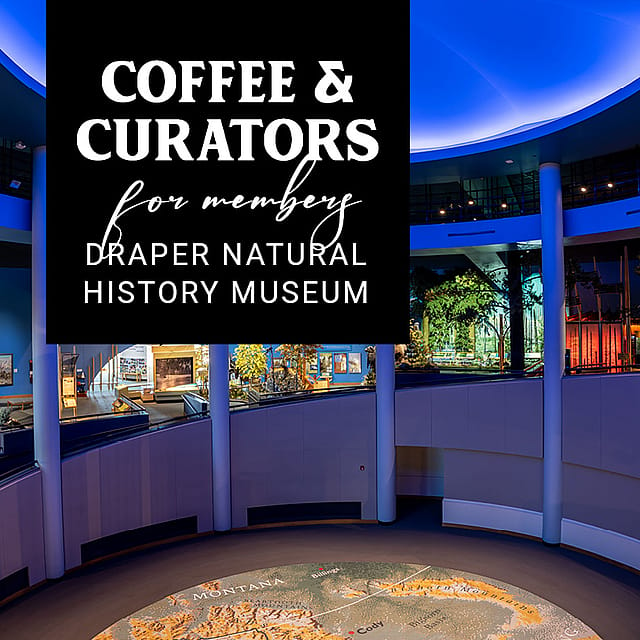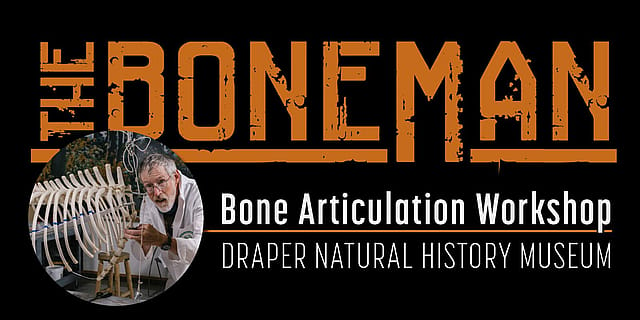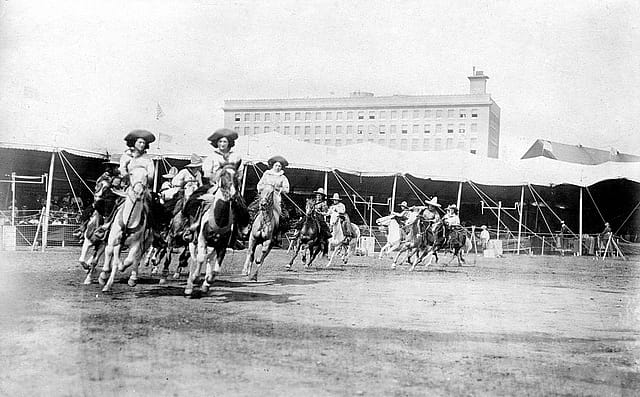
- This event has passed.
Lecture: Gifts of the Corvids
March 6 @ 12:00 pm - 1:00 pm MST
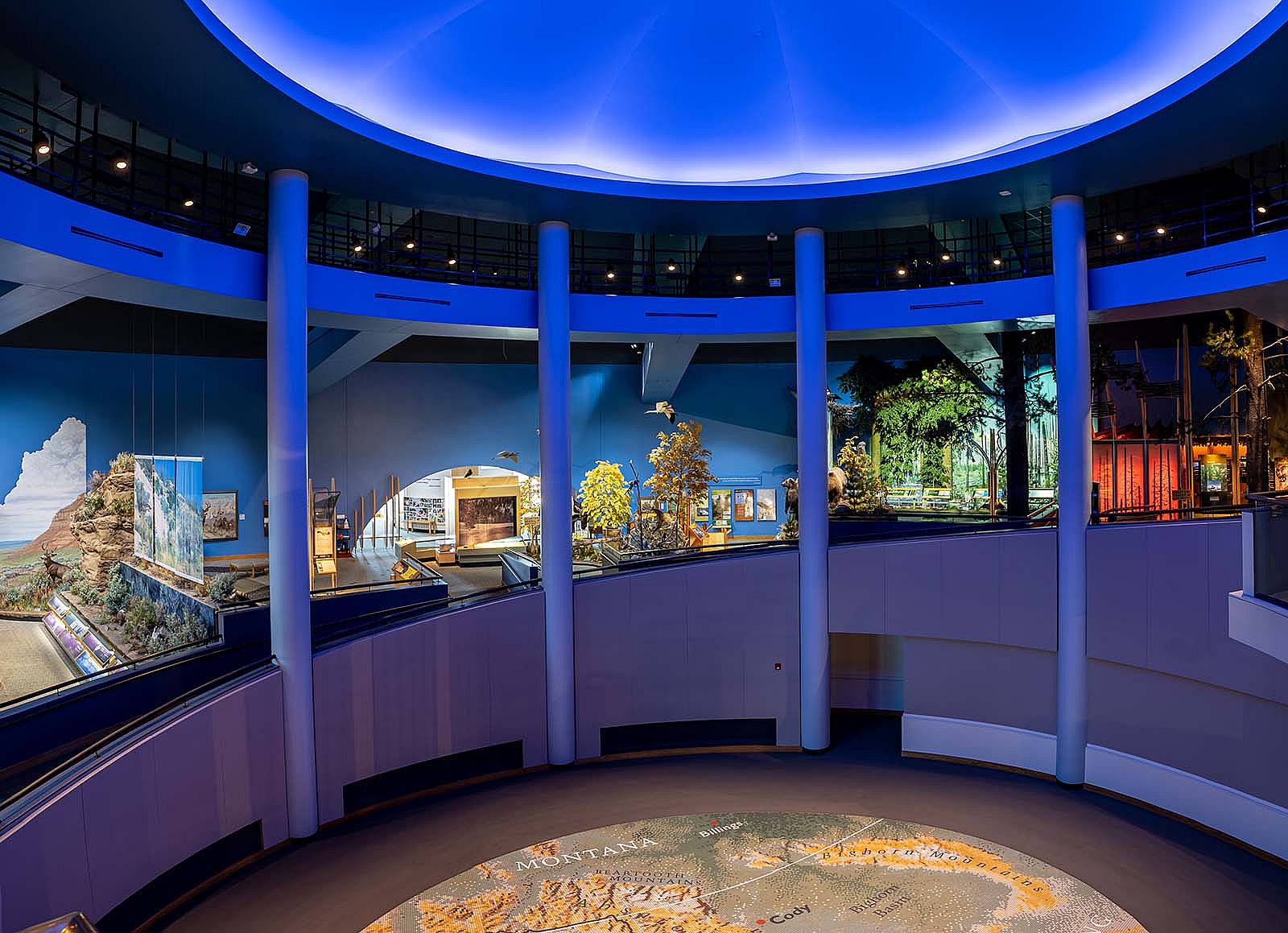
Gifts of the Corvids: Raven & Crow Research in the Greater Yellowstone Ecosystem
By John Marzluff, PhD
March 6, 2025
Noon–1 p.m.
Coe Auditorium
Join us for the March Lunchtime Expedition, when Dr. John Marzluff, Professor Emeritus of Wildlife Science at the University of Washington, discusses his research of ravens, crows, and other Corvids in the Greater Yellowstone Ecosystem in a talk titled Gifts of the Corvids. He’ll share insights into the relationship of these birds with carnivores, especially wolves.
While talks in our Lunchtime Expedition series are not live streamed, they will be recorded and posted to the Draper Museum’s YouTube channel within a couple days after they take place.
About the program
Corvids—the ubiquitous crows, ravens, magpies, jays, nutcrackers, and relatives—are familiar backyard birds with extraordinary behaviors that enable them to thrive where most species cannot. In this presentation, Marzluff highlights the secrets of corvid life unveiled by experiments and observations over the past four decades with his colleagues and students. The audience will learn how crows have mastered city life, including their long-lasting ability to recognize people and hold grudges. He will draw parallels between human cognition and that of crows by discussing brain imaging experiments that reveal how birds assess danger, rewards, and the difficulty of mastering tool use.
Marzluff’s latest work on ravens in Yellowstone National Park involved tagging 60 birds with state-of-the-art transmitters. The birds shared their secrets as they flew a hundred miles directly to new kills, commandeered territory, found mates, and reared young. The picture that emerged from the study was that of a highly opportunistic bird with the knowledge that allowed them to exploit wolves but not depend on them. Marzluff discusses the tenuous and evolving relationship between humans, wolves, and ravens and the challenges animals face when they wander beyond the protection a national park provides.
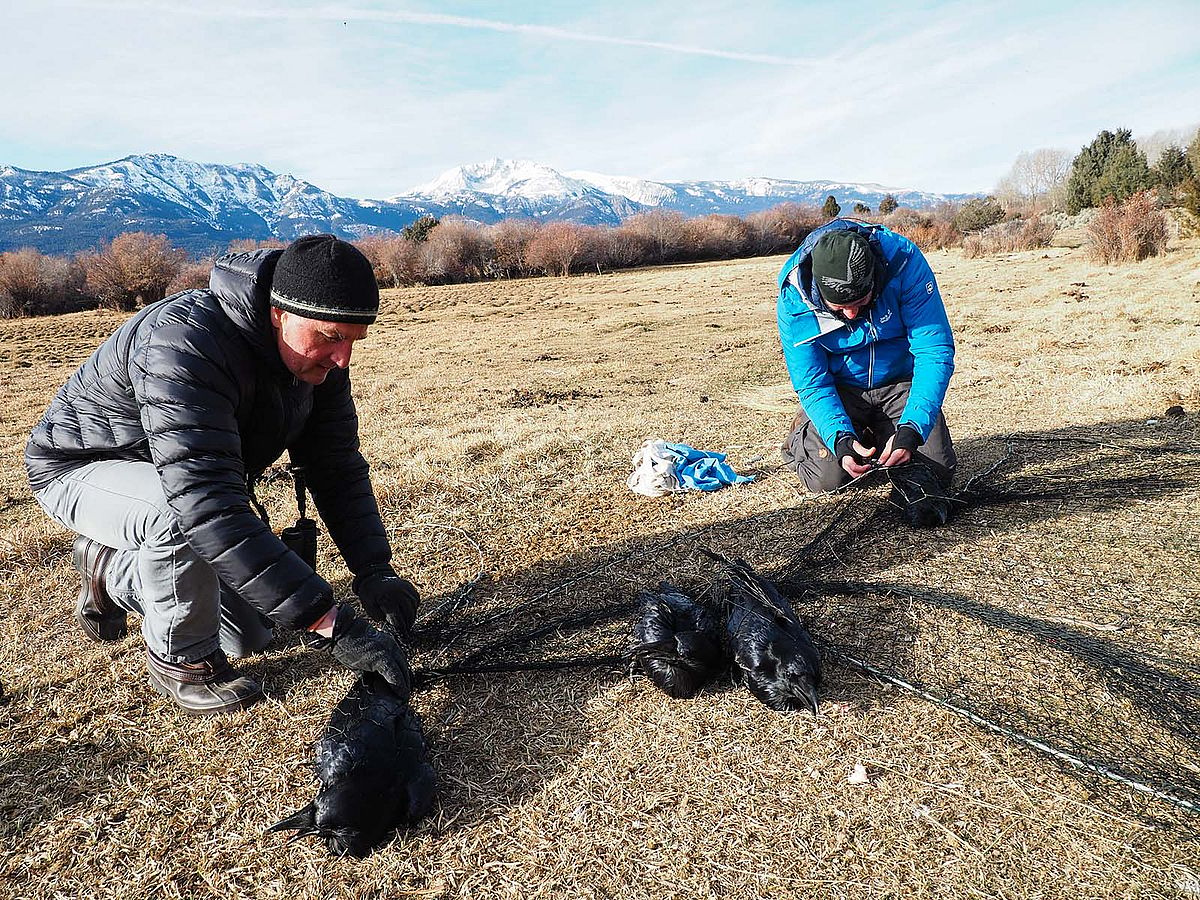
About the speaker

Marzluff’s research has been the focus of articles in the New York Times, National Geographic, Audubon, Boys Life, The Seattle Times, National Wildlife, Consumer Reports, Time, and Science. PBS’s Nature featured his raven research in its production “Ravens,” and his crow research in the film documentary “A Murder of Crows.” His current research focuses on the interactions of ravens and wolves in Yellowstone. He teaches field ecology courses at the University of Washington and for Yellowstone Forever.
Marzluff has written six books and edited several others. His graduate research in communication, social organization, demography, and foraging behavior is the subject of The Pinyon Jay (1992, Academic Press, coauthored with his advisor Russell Balda). His book, In the Company of Crows and Ravens (with Tony Angell, 2005 Yale U. Press) blends biology, conservation, and anthropology to suggest that human and crow cultures have co-evolved. This book won the 2006 Washington State Book Award for general nonfiction. With his wife, Colleen, he published Dog Days, Raven Nights (2011, Yale University Press), which combines reflection with biology and the recreational pursuit of dog sledding to show how a life in science blooms. Gifts of the Crow (2012, Free Press, coauthored with Tony Angell) applies a neurobiological perspective to understand the amazing feats of corvids. Marzluff’s Welcome to Subirdia (2014, Yale) discovers that moderately settled lands host a splendid array of biological diversity and suggests ways in which people can steward these riches to benefit birds and themselves. His most recent book In Search of Meadowlarks (2020, Yale) connects our agriculture and diets to the conservation of birds and other wildlife.
Marzluff has mentored more than 40 graduate students and authored more than 170 scientific papers on various aspects of bird behavior and wildlife management. He is a Fellow of the American Ornithologist’s Union, a Fellow of the American Association for the Advancement of Science, and a National Geographic Explorer.
Upcoming Lunchtime Expeditions
The series generally continues on the first Thursday of each month from February through December.
Have you missed a Lunchtime Expedition?
The talks in this series are gathered in YouTube playlists by year:
• 2024 Lunchtime Expeditions
• 2023 Lunchtime Expeditions
